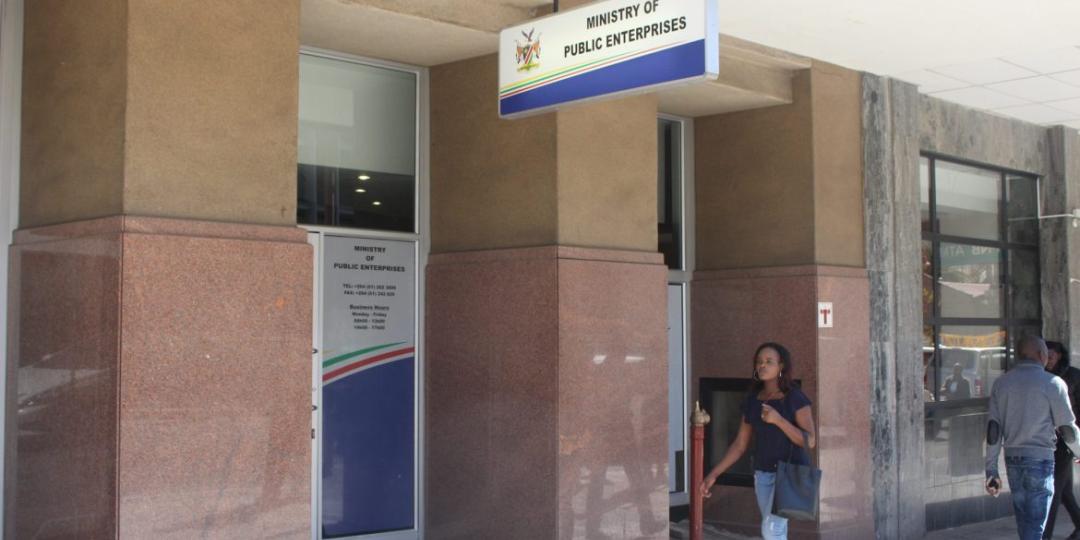The Department of Public Enterprises will be one of the first government departments to be dissolved during the state’s reconstruction process that will see the growth of professional and honest people working in the public service.
President Cyril Ramaphosa told parliament during a question-and-answer session that the department would “cease to exist” and that selfless and honest people would run public services, as the slimming of government departments commenced.
“The Ministry of Public Enterprises will cease to exist because the entities overseen by the Minister of Public Enterprises will revert back to their departments,” Ramaphosa said.
“The co-ordinating structure, which is your state-owned enterprise (SOE) holding company, which is going to enhance proper co-ordination, gives us all line of sight of what’s happening in our state-owned enterprises.”
He said the co-ordinating structure would oversee financial discipline and that the state benefited from economies of scale in procurement processes.
Ramaphosa said the government was working to build a public service staffed by men and women who were professional, skilled, selfless, and honest. He said this was needed to build a capable developmental state for the implementation of the Economic Reconstruction and Recovery Plan (ERRP), which included implementation of the Professionalisation of the Public Service Framework.
The Framework proposes fundamental reforms, including a stronger emphasis on merit-based recruitment and appointments, integrity testing before recruitment, revising the tenure of heads of departments, and curriculum development for ongoing learning of public servants.
The government announced the Economic Reconstruction and Recovery Plan in October 2020 in response to the severe health, social and economic effects of the COVID-19 pandemic. The plan was founded on engagements with social partners, including government, labour, business and community-based organisations.
“For the plan to succeed, government identified several key enablers. These include regulatory changes, a supportive policy environment and enabling conditions for ease of doing business. They also include a capable state and effective social compacts,” Ramaphosa said.
“In this year’s State of the Nation Address, I spoke of the centrality of a capable and effective state in addressing the country’s key challenges of poverty, inequality, unemployment, load-shedding, crime and corruption.”
He said the National School of Government would work with other organs of state to conduct skills audits in infrastructure and frontline service departments.
“The skills audits will help to accelerate the professionalisation of our civil service. It will help us determine whether critical skills do exist to effectively deliver economic infrastructure and essential social services.”
He said the government had drafted amendments to the Public Administration Management Act to enable departments to deliver services more effectively and efficiently and to establish a single public administration.
Key infrastructure and frontline service departments that will participate in the first phase of the skills audit are Transport, Human Settlements, Water and Sanitation, Cooperative Governance, Public Works and Infrastructure, Home Affairs, Social Development, and Employment and Labour.
The Department of Public Service and Administration is leading the Building State Capacity Programme. In February 2022, the DPSA entered into a memorandum of understanding with the Auditor-General of South Africa, to audit compliance in areas such as filling of vacancies, performance management and institutional development. – SAnews.gov.za













